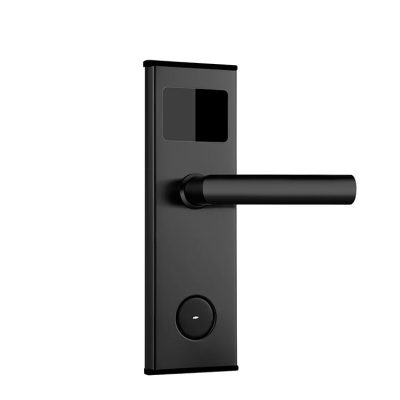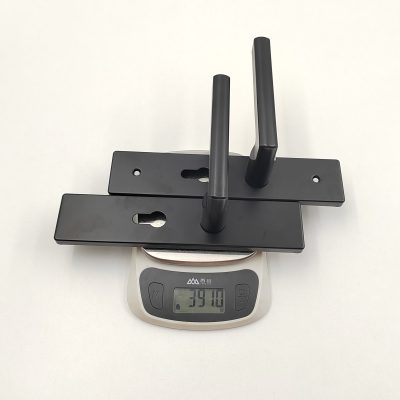Finding the perfect padlock involves considering various factors such as security needs, environment, durability, and convenience. Here’s a guide to help you choose the right padlock for your specific requirements:
- Security Level: Assess the level of security required for your application. High-security padlocks, featuring hardened shackles, anti-drill cylinders, and tamper-resistant designs, are suitable for securing valuable assets or high-risk environments. Standard security padlocks may suffice for low-risk areas or temporary use.
- Indoor vs. Outdoor Use: Determine whether the padlock will be used indoors, outdoors, or both. Outdoor padlocks should be weatherproof and resistant to elements such as rain, snow, and humidity. Indoor padlocks may focus more on convenience features like ease of use and portability.
- Material: Choose a padlock made from durable materials such as stainless steel, brass, or hardened steel, depending on your security needs and environmental conditions. Brass padlocks offer excellent corrosion resistance, while stainless steel provides strength and durability.
- Locking Mechanism: Decide between keyed, combination, or electronic locking mechanisms based on your preference and convenience. Keyed padlocks offer traditional security and are ideal for applications where multiple users require access. Combination padlocks eliminate the need for keys but require remembering a code. Electronic padlocks offer keyless entry and may include features like remote access or audit trails.
- Size and Shackle Diameter: Consider the size and shackle diameter of the padlock to ensure compatibility with your locking requirements. A thicker shackle provides higher security and resistance to cutting or prying attempts. Choose a padlock size that fits your application without being too bulky or cumbersome.
- Key Control: Evaluate whether key control is essential for your security needs. Some padlocks come with unique keyways or registered key systems to prevent unauthorized duplication of keys. This feature enhances security and control over access to your property.
- Certifications: Look for padlocks certified by reputable organizations such as ASTM International, ANSI/BHMA, or Sold Secure. Certifications indicate that the padlock meets industry standards for security, durability, and performance.
- Brand Reputation and Warranty: Consider the reputation of the padlock manufacturer and the warranty offered. Established brands with a history of producing high-quality security products are more likely to provide reliable padlocks backed by warranties.
- Budget: Determine your budget for the padlock purchase. While quality padlocks may cost more upfront, they offer better security and durability, potentially saving you money in the long run by reducing the risk of theft or damage to your property.
By considering these factors and prioritizing your specific security needs, you can find the perfect padlock to safeguard your belongings, property, or assets effectively. Take the time to research different options and choose a padlock that offers the right balance of security, durability, and convenience for your requirements.









